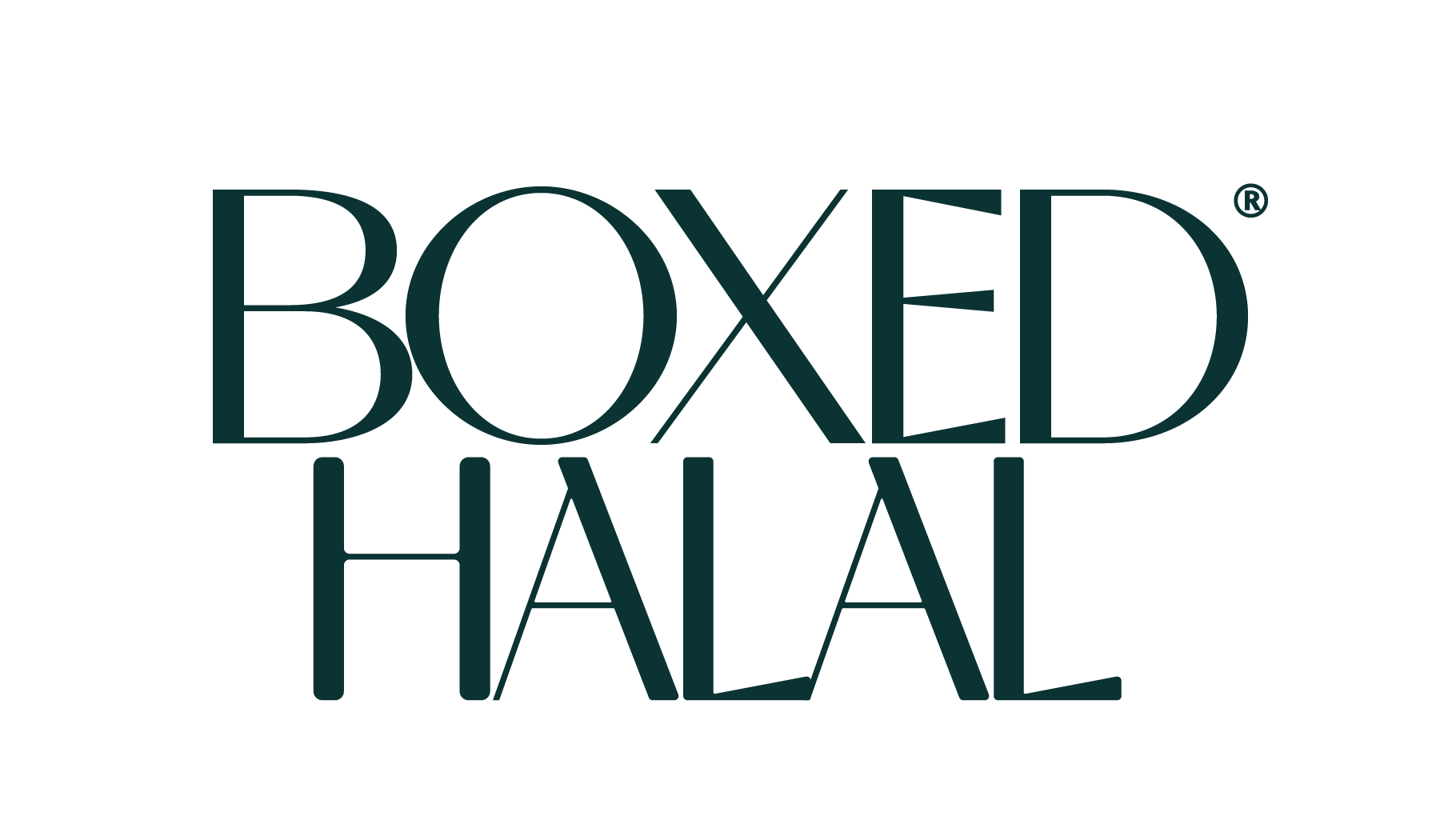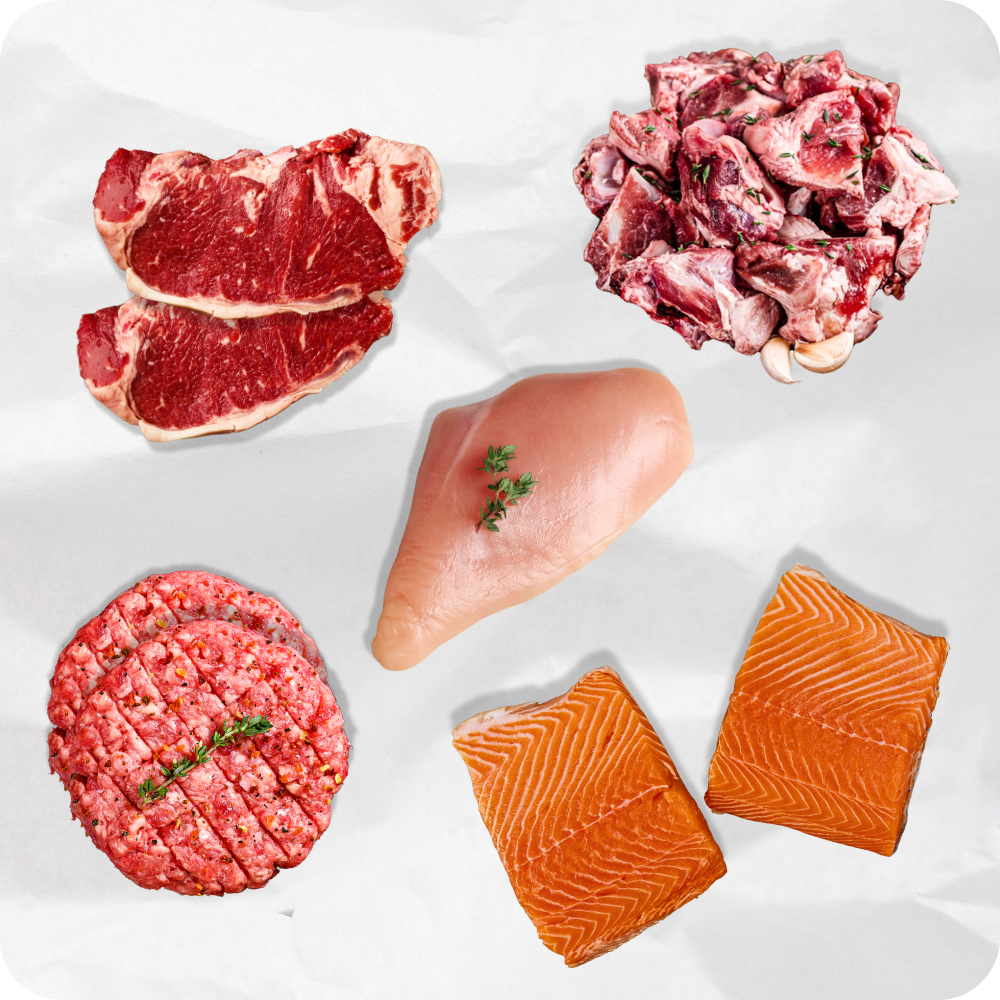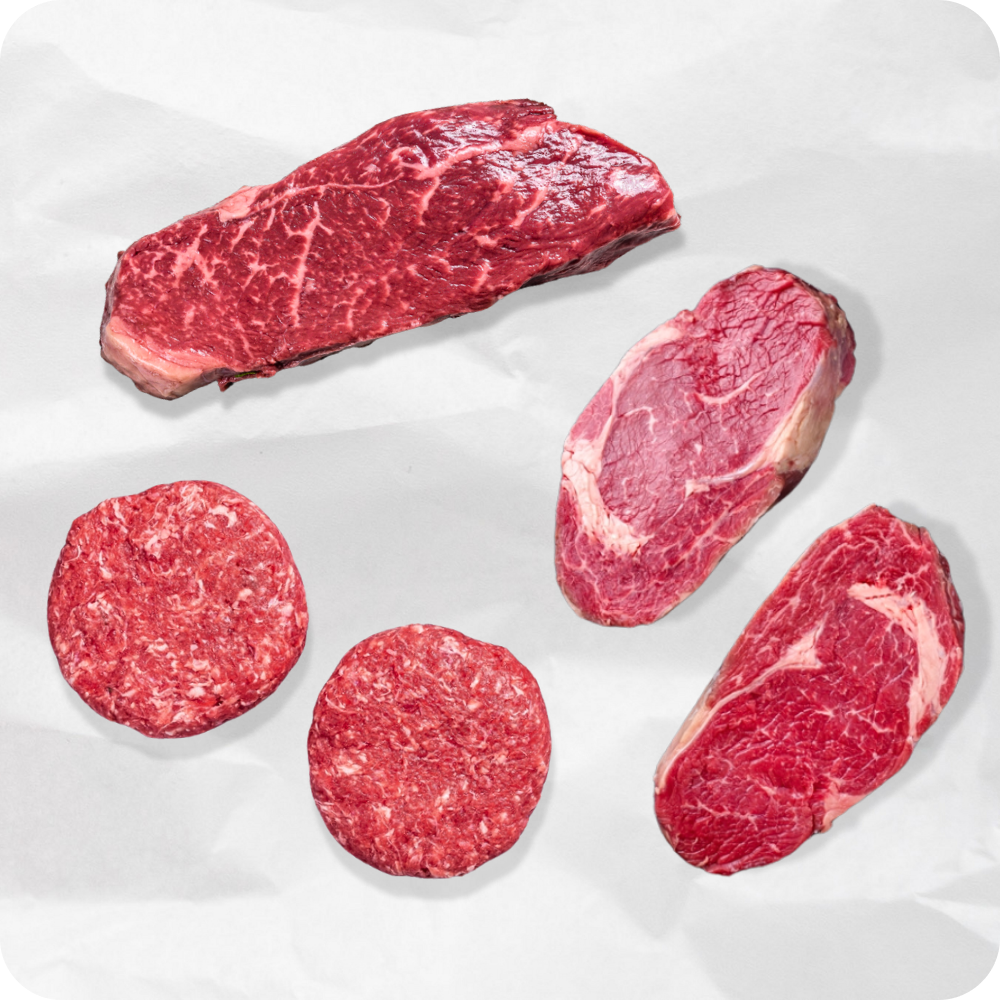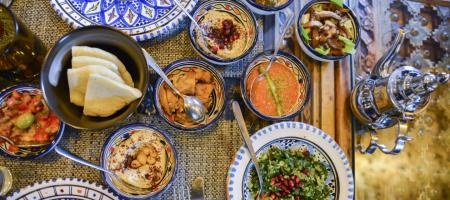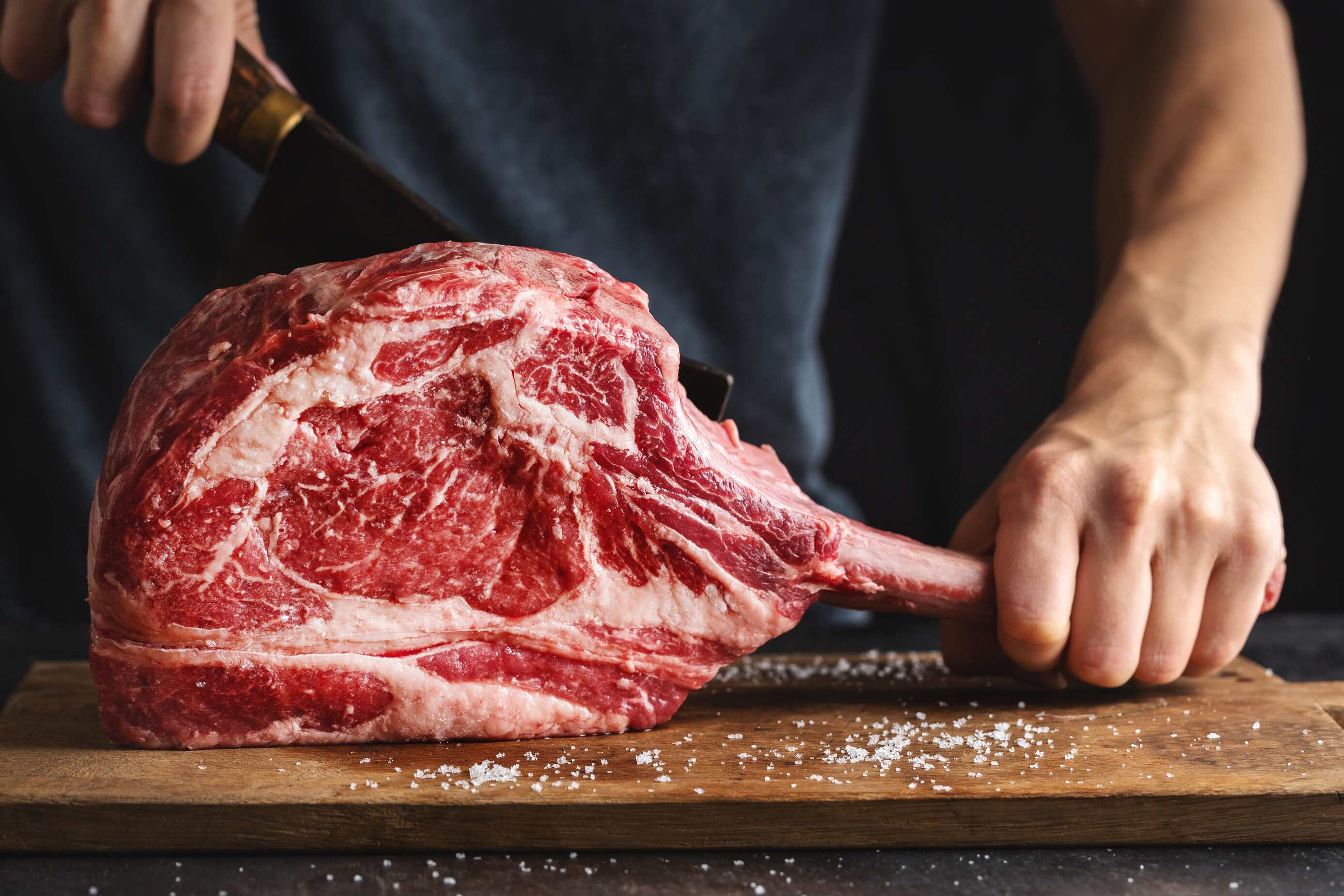The word Halal might seem familiar to a majority of people not understanding what makes food Halal. Halal in Arabic means permissible which doesn’t just pertain to meat or food but anything in Muslim culture. The Muslim religion requires followers to adhere to eating Halal food. Halal meat and food appeal to far more people than just those involved with the Islamic faith. Zabiha meat is meat that is prepared, raised, and slaughtered within the guidelines set by the religion of Islam. Below are facts about Halal meat and foods so you can make more informed food purchases going forward.

The Process Halal Meat Has to Go Through
The preparation, raising, and slaughtering of meat has been restricted by various faiths for centuries. Many of these restrictions ensure the ethical treatment of animals and reduce bacteria associated with sickness. Halal meat, when compared to traditional meat, will have no difference in its visual appearance. The taste of the meat will differ due to the slaughtering and preparation process. Halal meat followed the slaughter methods that are outlined in the Quran and Hadeeth.
The slaughter of an animal is regulated by many faiths around the globe. For meat to be considered Halal the farmer has to also raise the animal in a humane way. The farming practices of a farmer also come into play as to follow what is outlined in Islamic texts. No form of abuse or starvation of the animal is permitted before it is sacrificed for sustenance.
Farming practices around the world restrict the movements of animals due to lack of space. Animals to be slaughtered for Halal meat must be able to move freely and in a comfortable structure or field. The diet of the animal even comes into play as it should be healthy and fresh food they are given daily.
The slaughtering process comes next after the ethical treatment of the animal that is to be sacrificed. A sharp knife is required to make the death of the animal as fast as possible. The slaughter should also never be done in the presence of another animal. Blood-born pathogens and other bacteria are held in the blood of an animal. Draining the blood from the animal after it has been slaughtered is an incredibly important step. Not only does this make meat healthier but it tastes better with a more tender composition. Muslims are not the only people that benefit from this healthy version of meat that has had impurities removed.
Permissible Halal Foods and Haram (Forbidden) Foods

Meat that is slaughtered within the guidelines of the Zabiha process. Sea creatures that do not require slaughter are considered Halal. Foods that do not require slaughter like vegetables, fruits, or grain-based foods are all Halal. Dairy products are considered Halal but the treatment of the animal still holds utmost importance.
Haram or forbidden foods include meats that did not follow the rules of the Zabiha raising, slaughtering, and treatment of the animal. Another meat group that is forbidden is that of pork regardless of the method of slaughter. Alcohol is of course forbidden under the laws of Islam. Carnivores like that of birds or other land-dwelling animals are forbidden. Finally, all animals that are slaughtered have to be done in the name of Allah.
Halal Food, Not Just For Those of the Islamic Faith
The stress of living healthy has become a priority for a large number of people throughout the world. Halal meat is regulated throughout the life of the animal which produces the highest quality meat possible. The meat is free of toxins while simultaneously tasting better than non-Halal meat options. For those with dietary restrictions, the lack of alcohol and other toxins Halal food possesses can be immensely beneficial. For example, a certain toxin or presence of alcohol could spell disaster for a person with Crohn’s disease which causes inflammation in the intestines.
Halal Restaurants
Halal restaurants are common all over the world due to the worldwide followers of Islam. These restaurants make it far easier for Muslims to go out to eat freely without worrying about consuming food that is Haram. The fact that Halal food and meat is superior in terms of taste makes this an easy decision to make when picking restaurants.
Informed Consumers Care About Ethical Farming and Slaughtering Practices
The consumer cares about how animals are treated throughout their lifetime. Poorly ventilated or tight spaces not conducive to the natural movement of animals are far more common than most individuals realize. The animal is treated humanely in the Zabiha process as the animal deserves respect for the nourishment it will provide.
Adhering to the laws written in the Quran is something that all Muslims have to do. Finding a reliable source of Halal meat is important as it is not common in particular areas. Regardless if you practice the Islamic faith, purchasing Halal meat can ensure your meals are as healthy as possible while tasting incredible!
Looking for a Halal meat shop near you?
Boxed Halal delivers fresh Zabihah Halal meat directly to your doorstep. Place your order today!
Visit us on
Instagram for recipe inspiration!


 Meat that is slaughtered within the guidelines of the Zabiha process. Sea creatures that do not require slaughter are considered Halal. Foods that do not require slaughter like vegetables, fruits, or grain-based foods are all Halal. Dairy products are considered Halal but the treatment of the animal still holds utmost importance.
Haram or forbidden foods include meats that did not follow the rules of the Zabiha raising, slaughtering, and treatment of the animal. Another meat group that is forbidden is that of pork regardless of the method of slaughter. Alcohol is of course forbidden under the laws of Islam. Carnivores like that of birds or other land-dwelling animals are forbidden. Finally, all animals that are slaughtered have to be done in the name of Allah.
Meat that is slaughtered within the guidelines of the Zabiha process. Sea creatures that do not require slaughter are considered Halal. Foods that do not require slaughter like vegetables, fruits, or grain-based foods are all Halal. Dairy products are considered Halal but the treatment of the animal still holds utmost importance.
Haram or forbidden foods include meats that did not follow the rules of the Zabiha raising, slaughtering, and treatment of the animal. Another meat group that is forbidden is that of pork regardless of the method of slaughter. Alcohol is of course forbidden under the laws of Islam. Carnivores like that of birds or other land-dwelling animals are forbidden. Finally, all animals that are slaughtered have to be done in the name of Allah.
